It is human to exaggerate the merits of the dead

It is human to exaggerate the merits of the dead
Mark Twain, one of America's most beloved authors and humorists, once famously said, "It is human to exaggerate the merits of the dead." This statement speaks to the tendency of people to remember those who have passed away in a more positive light than they may have been perceived in life. In the case of Mark Twain himself, this sentiment is particularly apt.Mark Twain, born Samuel Clemens, was a complex and multifaceted individual. He was known for his sharp wit, biting satire, and keen observations of human nature. However, he was also a flawed man, prone to bouts of depression, financial troubles, and personal tragedies. Despite his flaws, Twain's literary legacy is undeniable. His works, including "The Adventures of Huckleberry Finn" and "The Adventures of Tom Sawyer," are considered classics of American literature and have been praised for their social commentary and insight into the human condition.
In the years since Twain's death in 1910, his reputation has only grown. He is now widely regarded as one of the greatest American writers of all time, and his works are studied in schools and universities around the world. This elevation of Twain to literary icon status can be seen as a form of exaggeration of his merits, as it tends to overlook his faults and shortcomings.
However, it is also true that the passage of time has a way of softening the rough edges of a person's legacy. As memories fade and new generations come to appreciate an individual's contributions, it is natural for their flaws to be overshadowed by their accomplishments. In the case of Mark Twain, his wit, humor, and insight into the human condition have endured long after his death, ensuring that he will be remembered as a literary giant for generations to come.
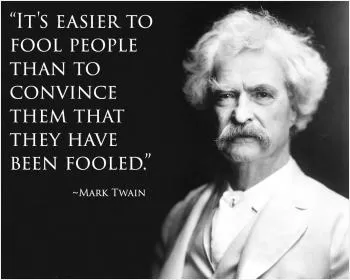
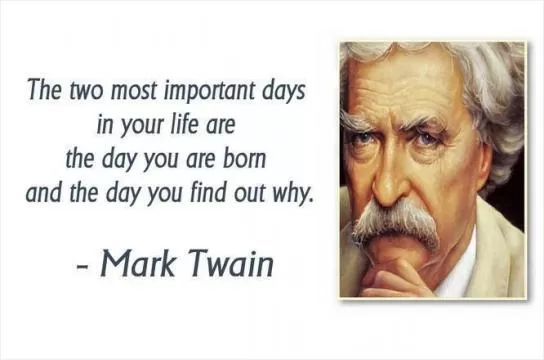

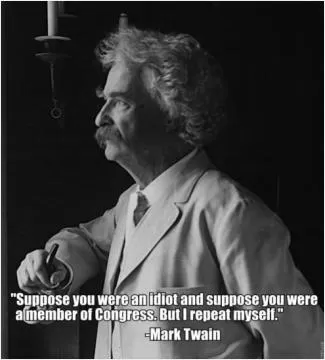



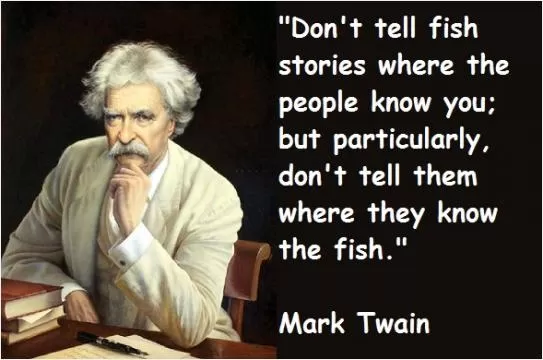
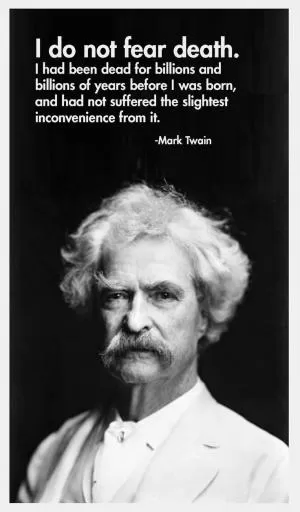

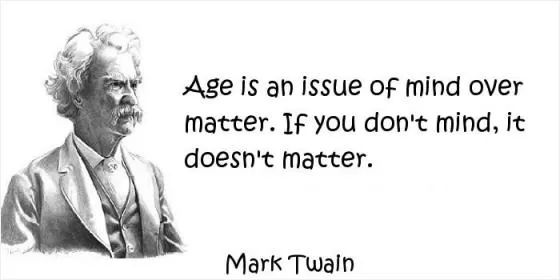

 Friendship Quotes
Friendship Quotes Love Quotes
Love Quotes Life Quotes
Life Quotes Funny Quotes
Funny Quotes Motivational Quotes
Motivational Quotes Inspirational Quotes
Inspirational Quotes